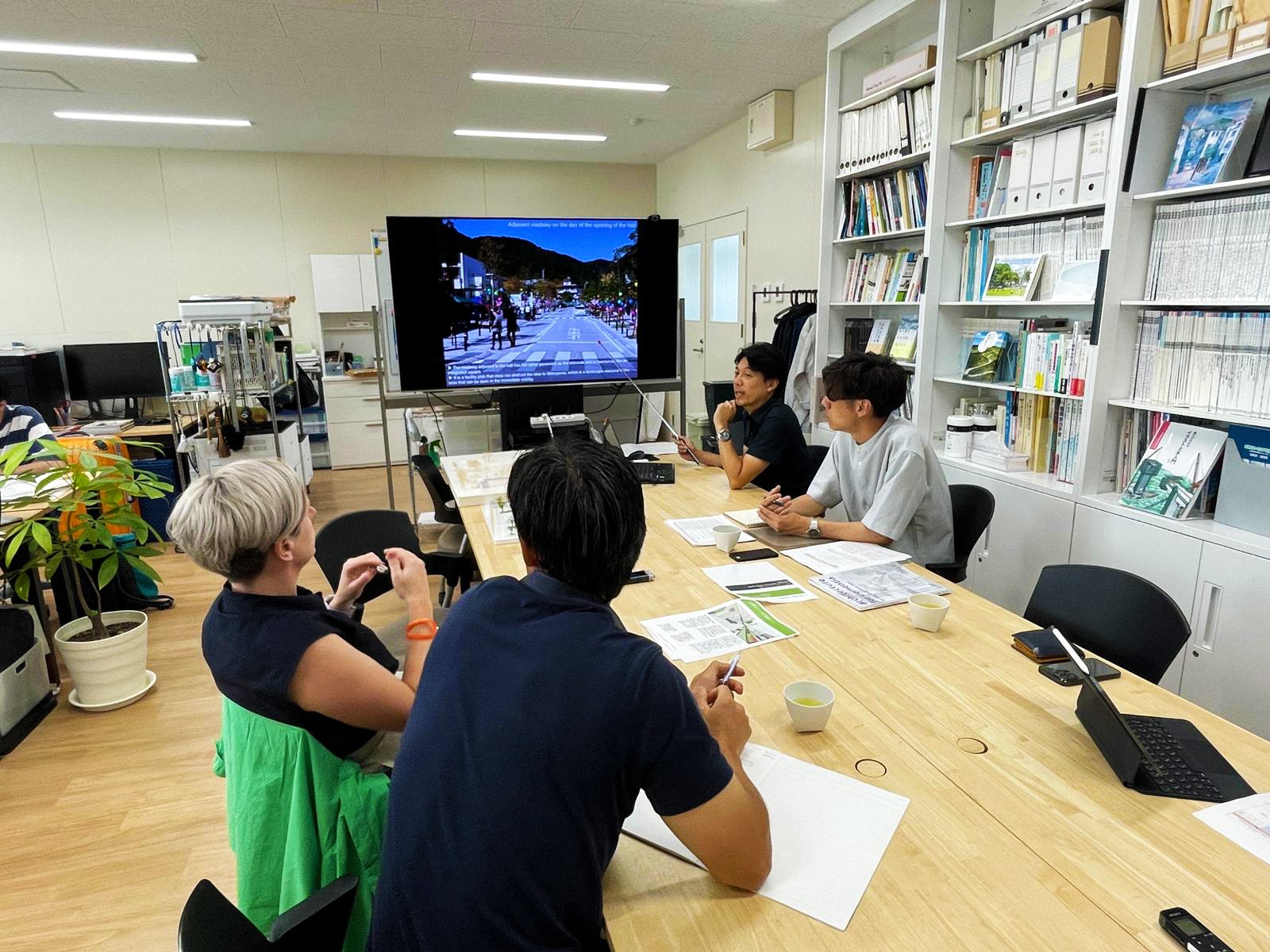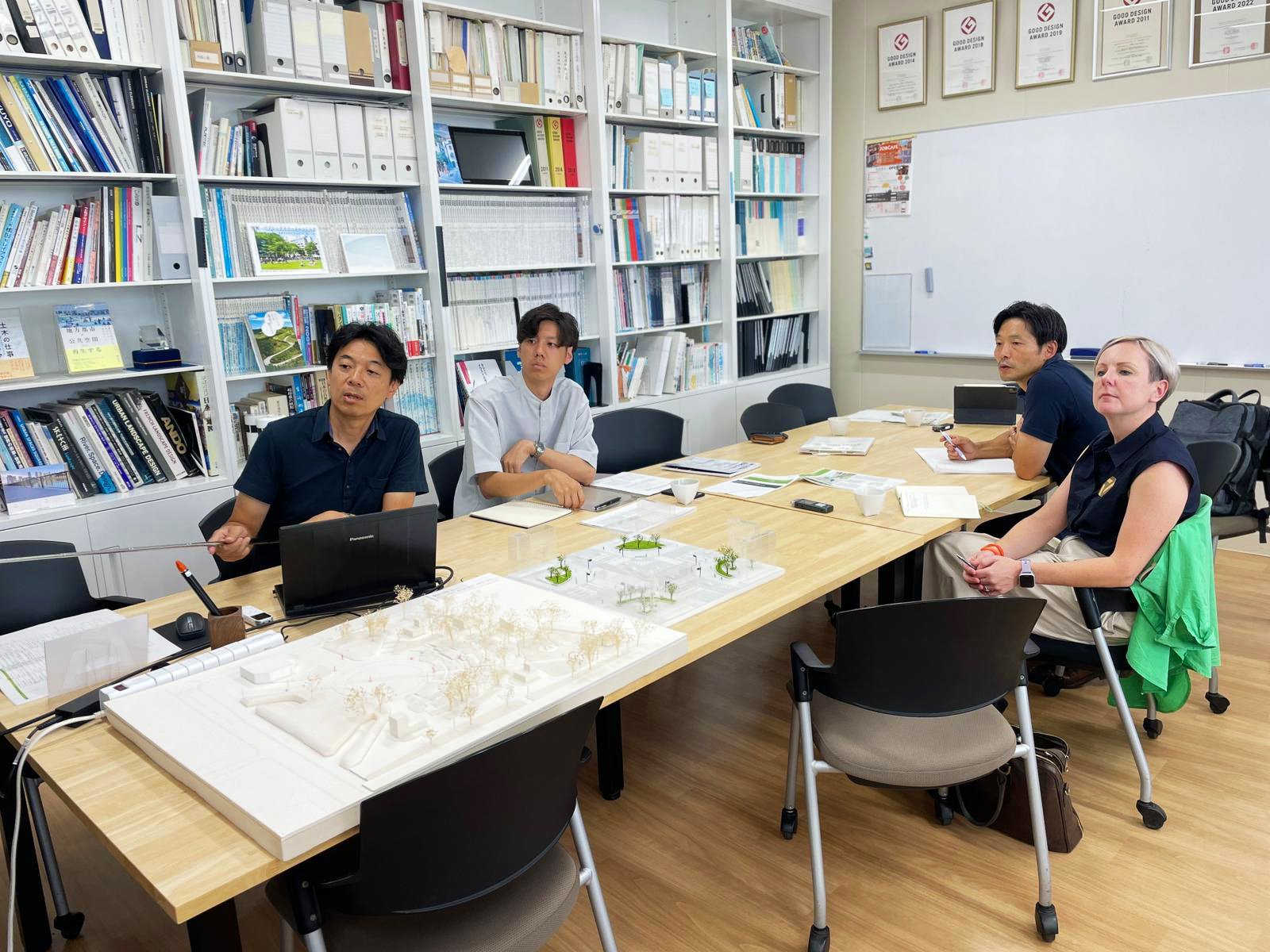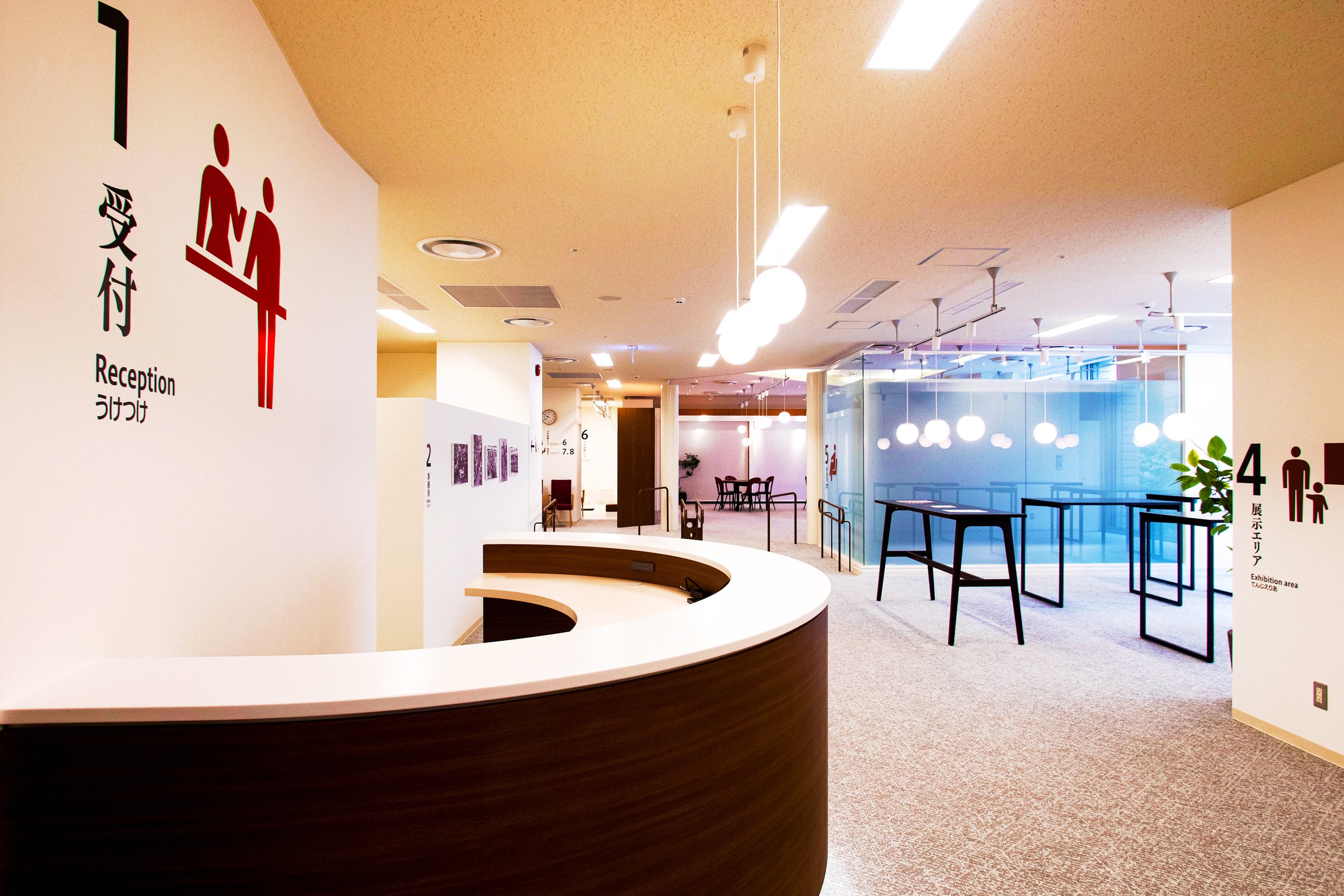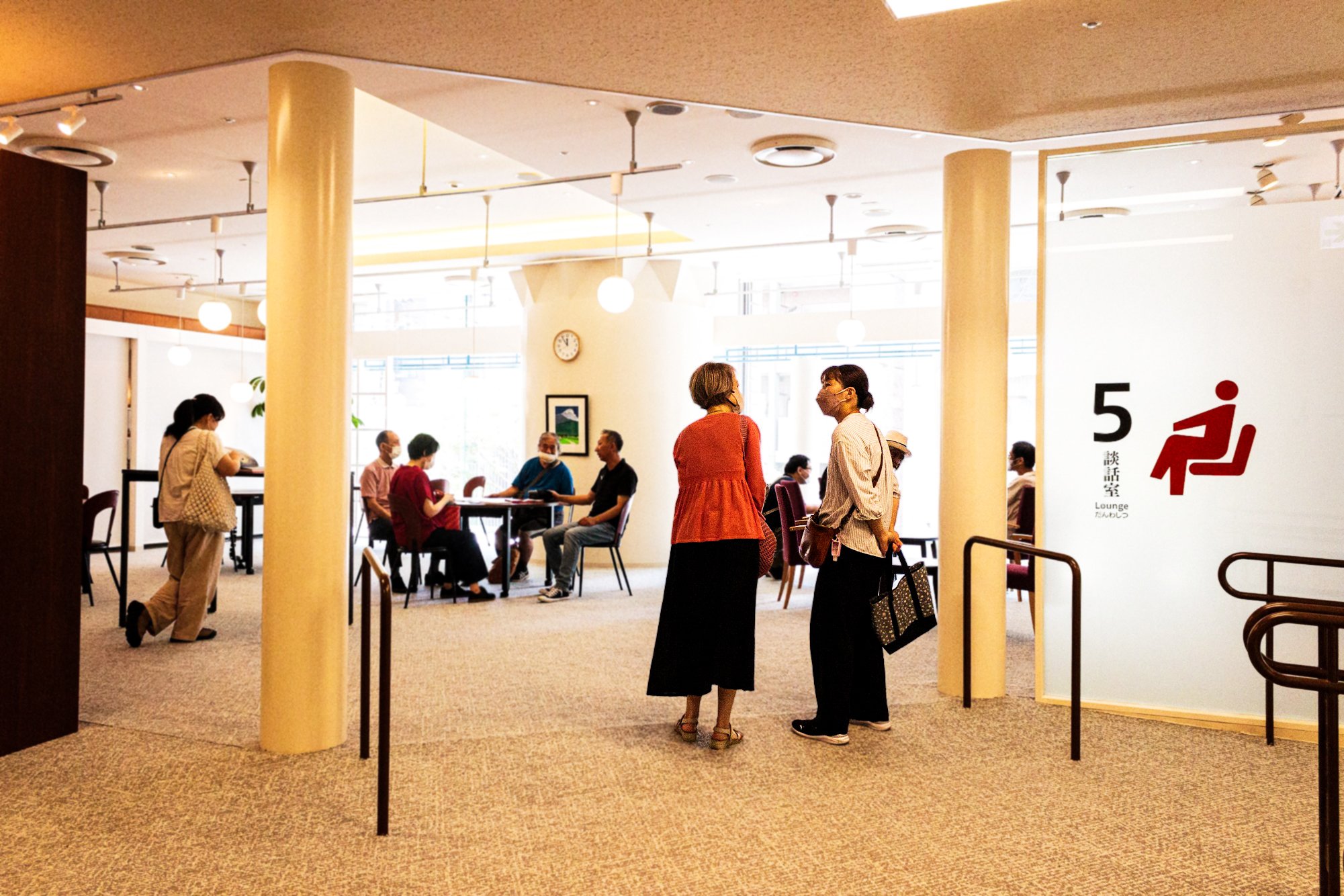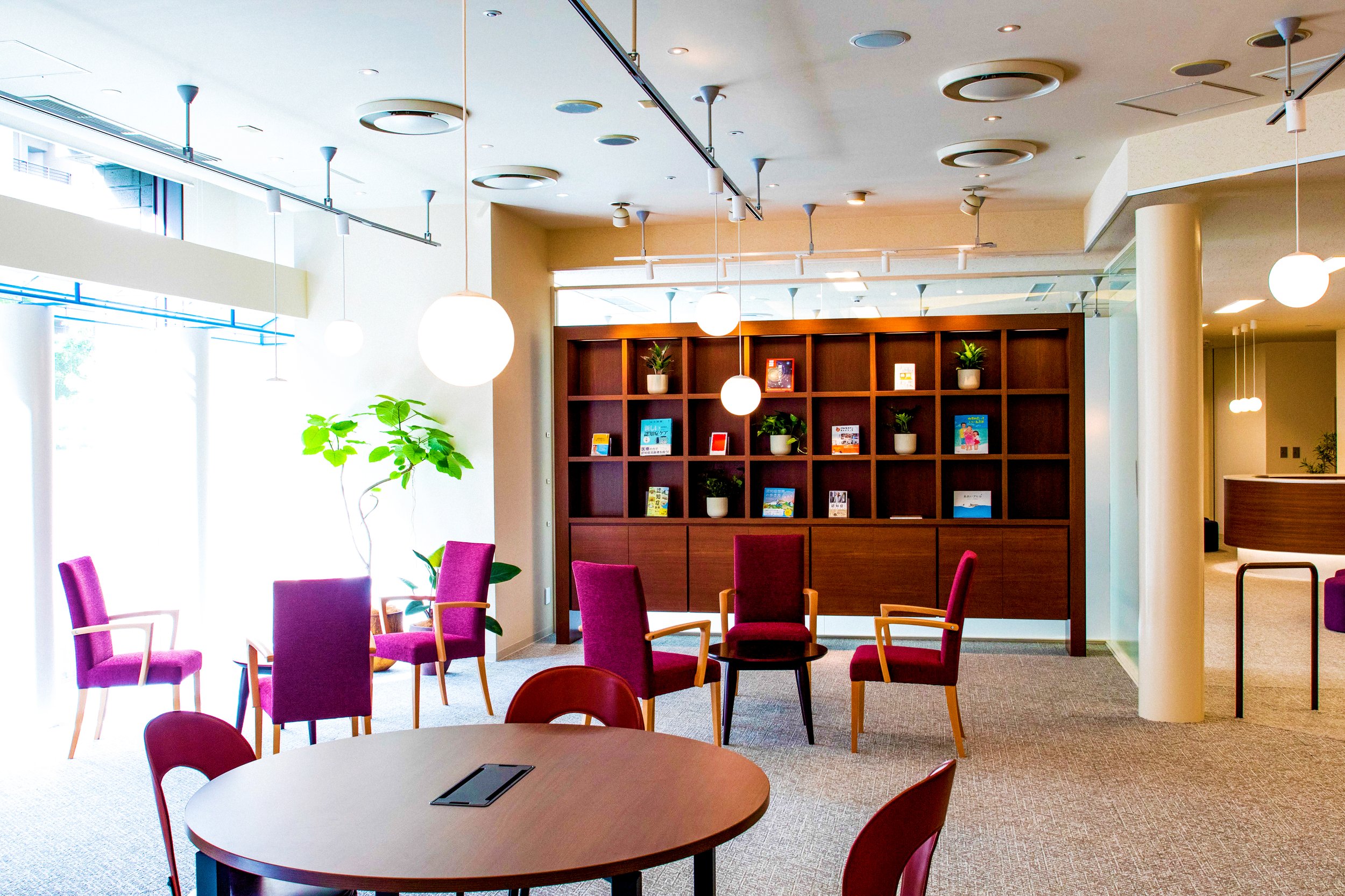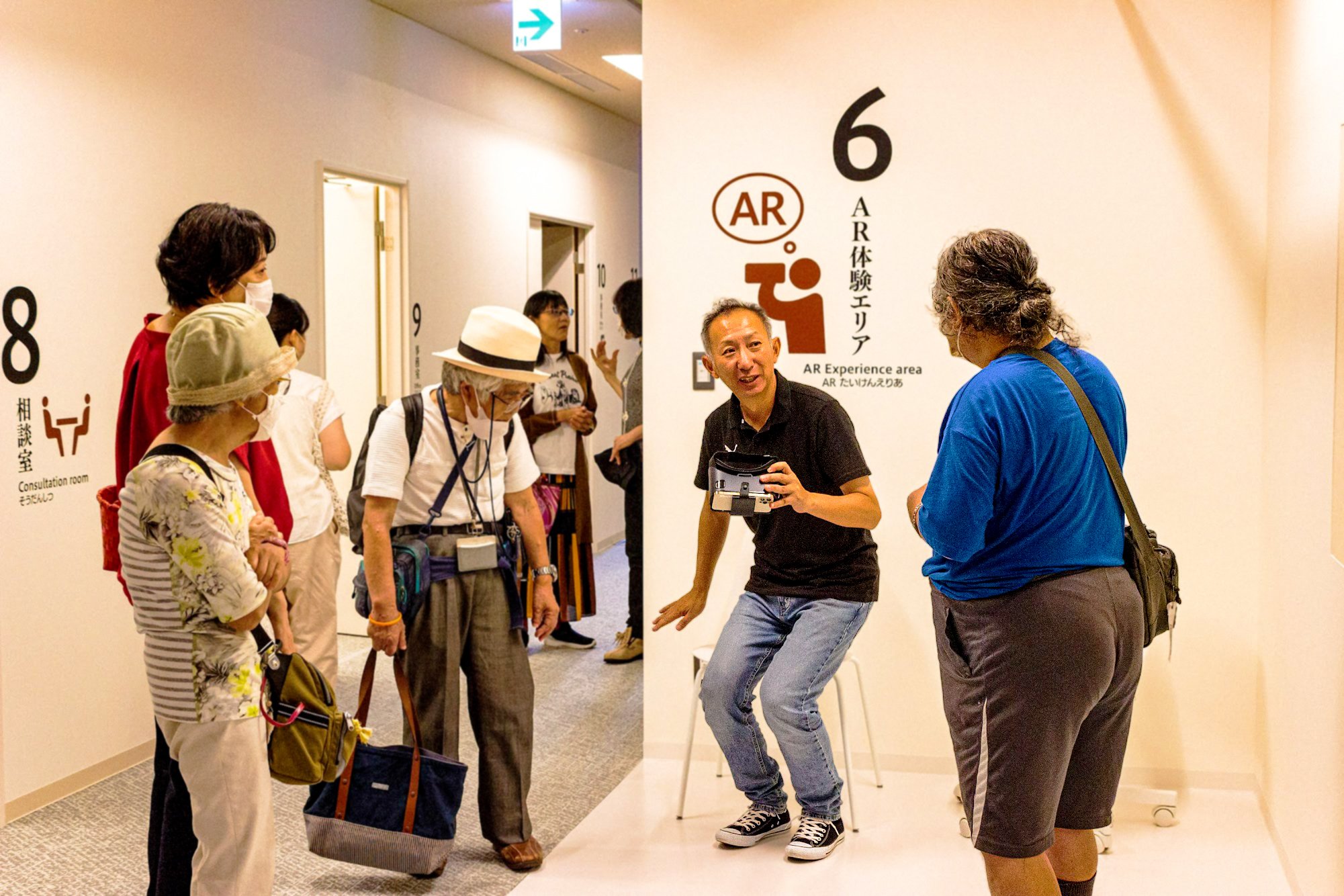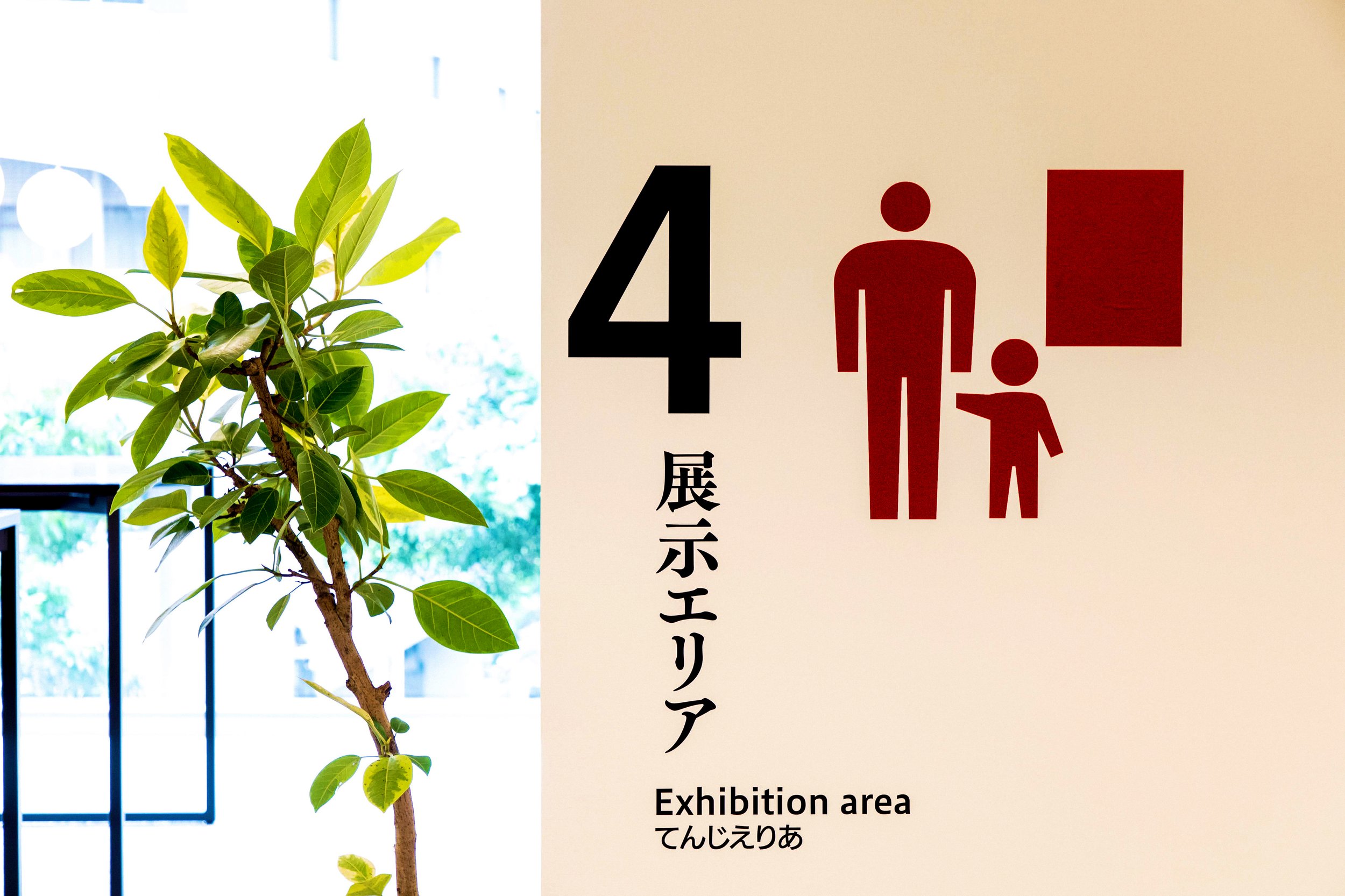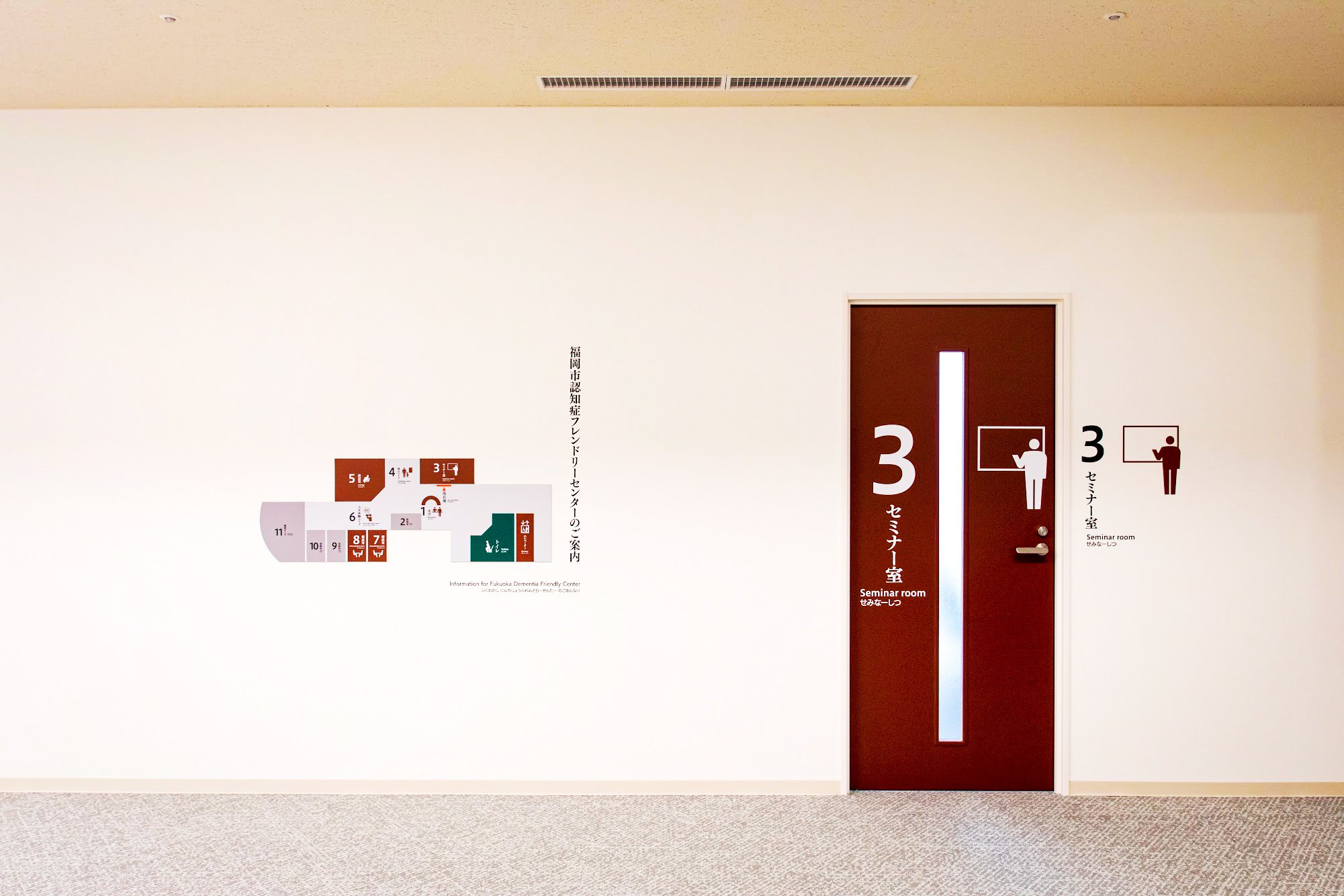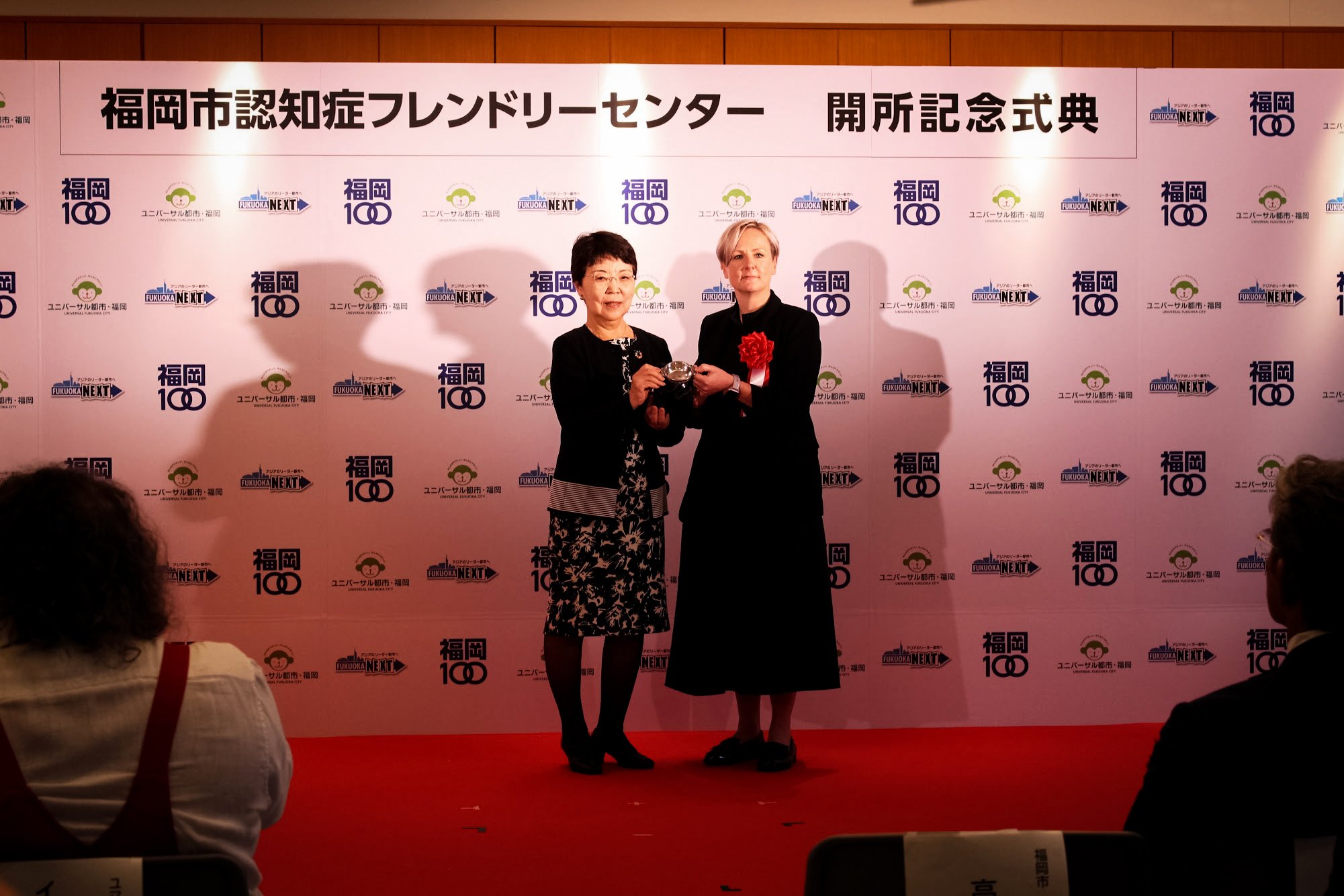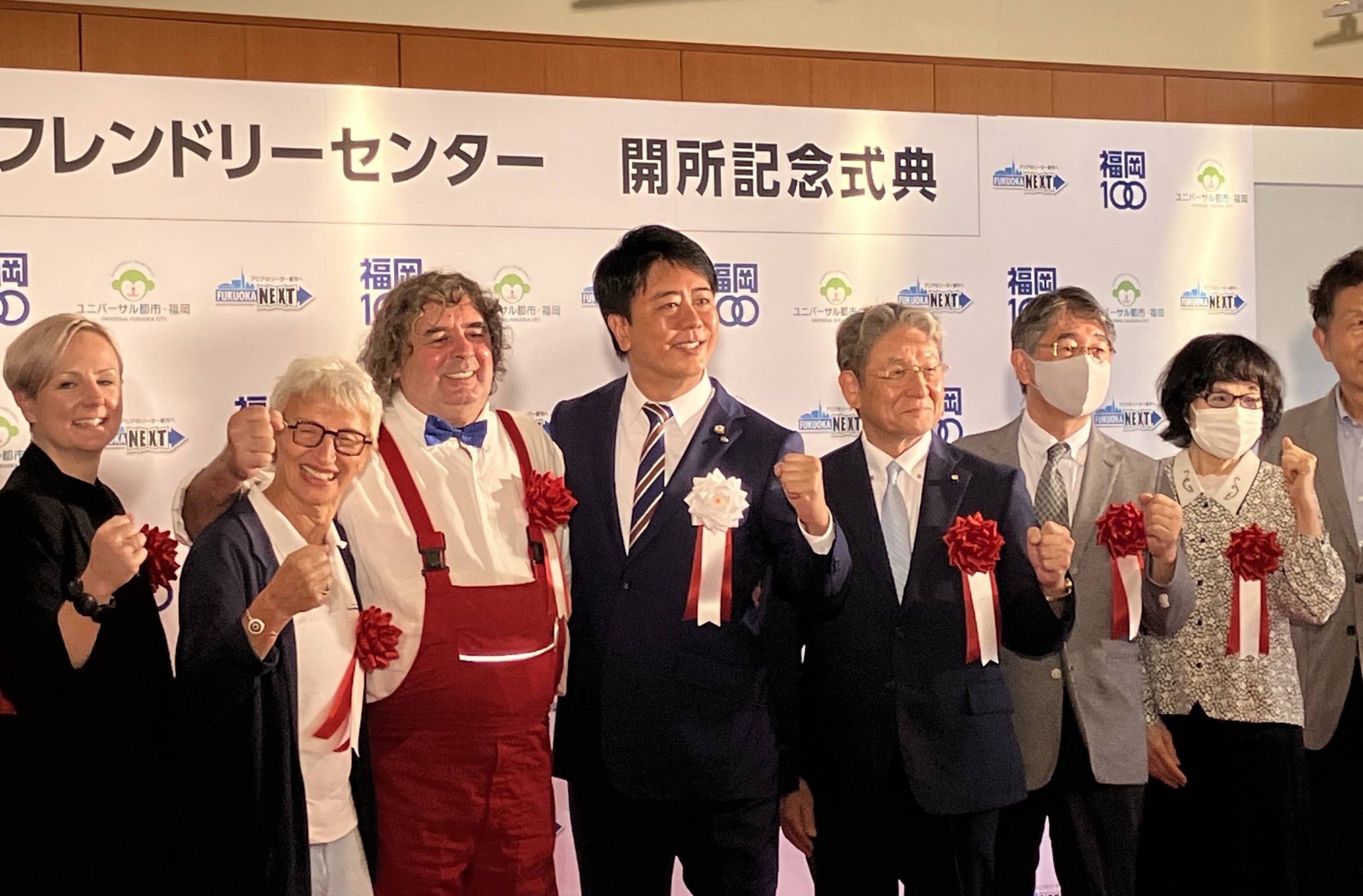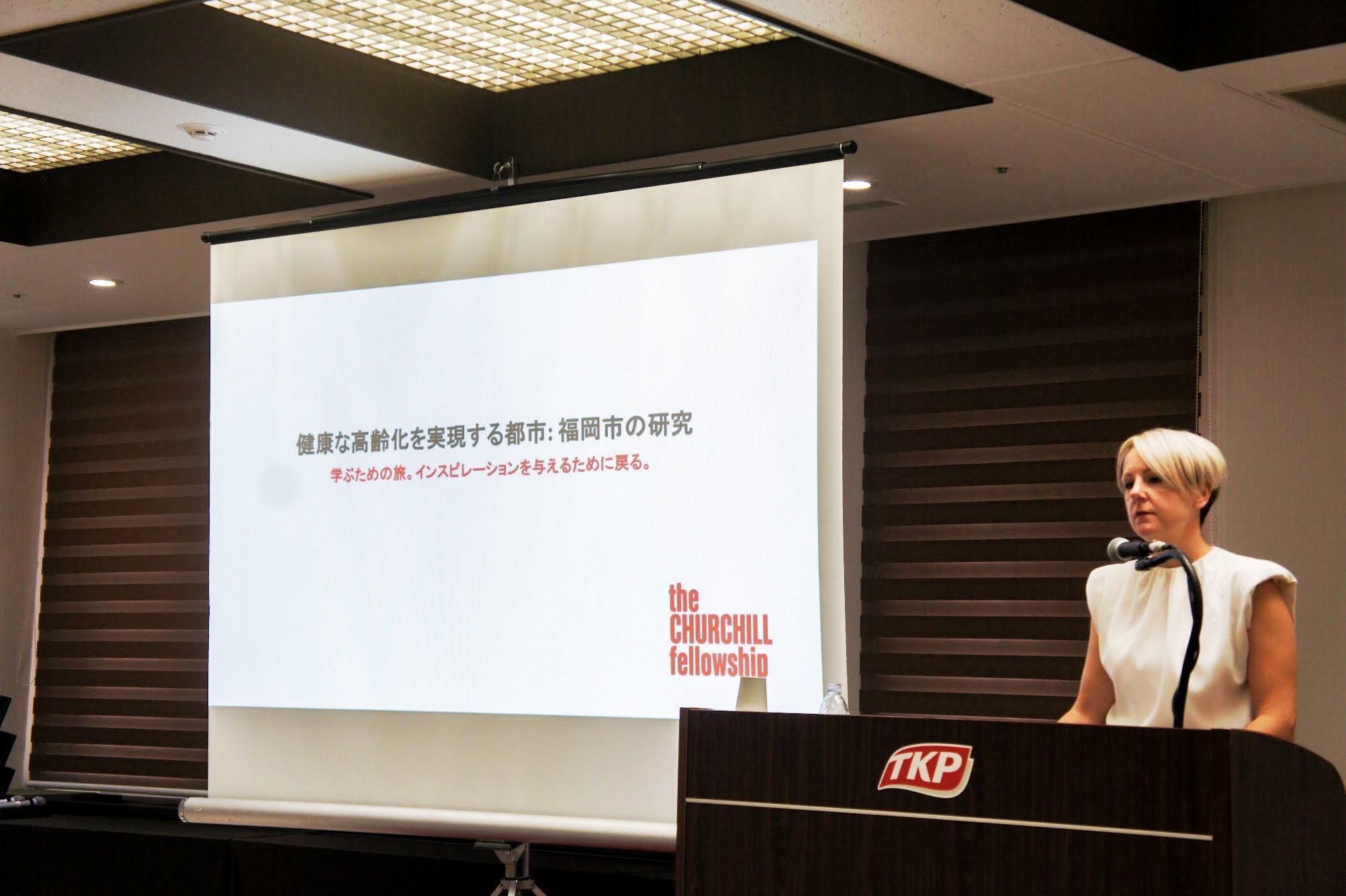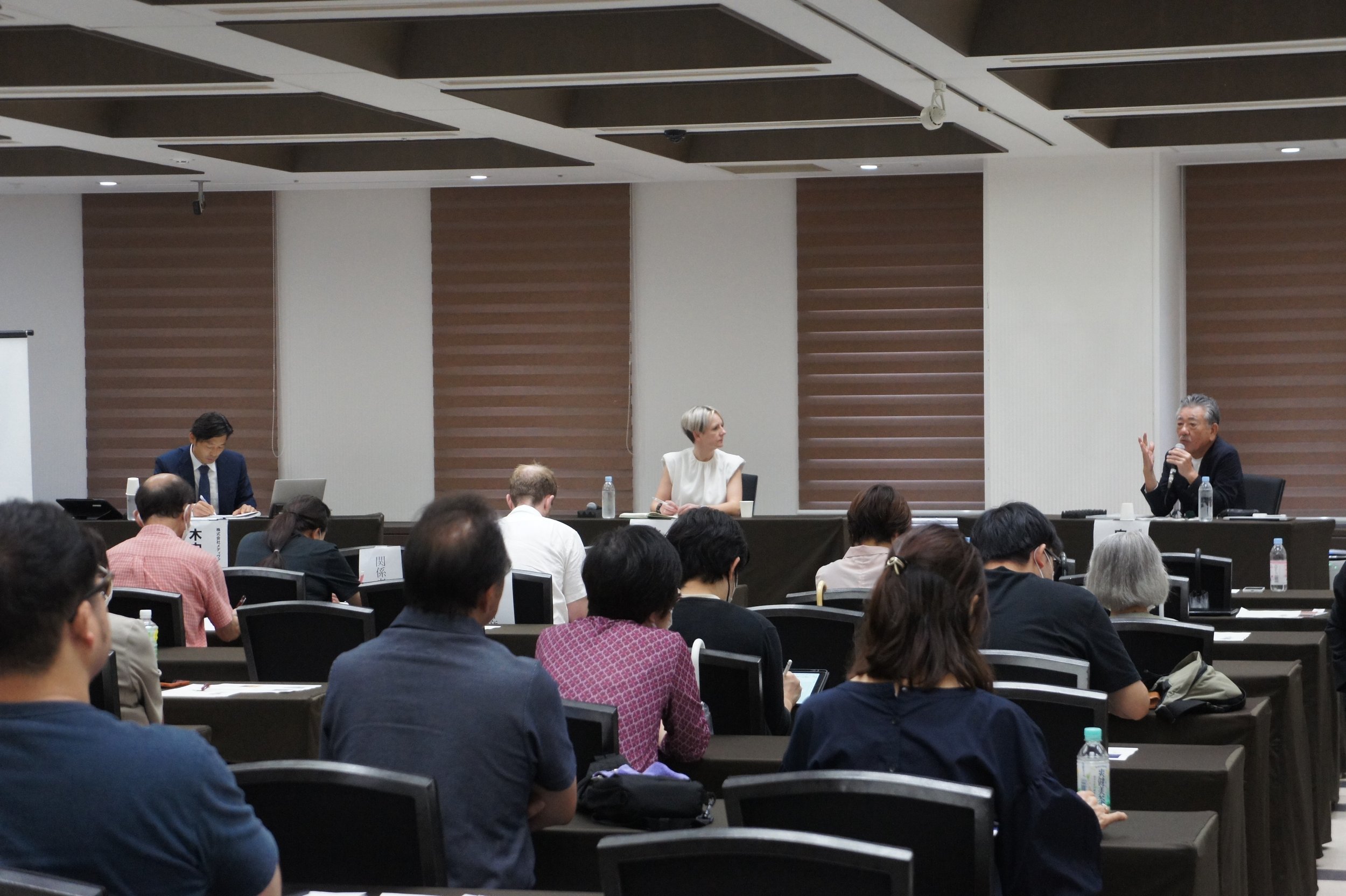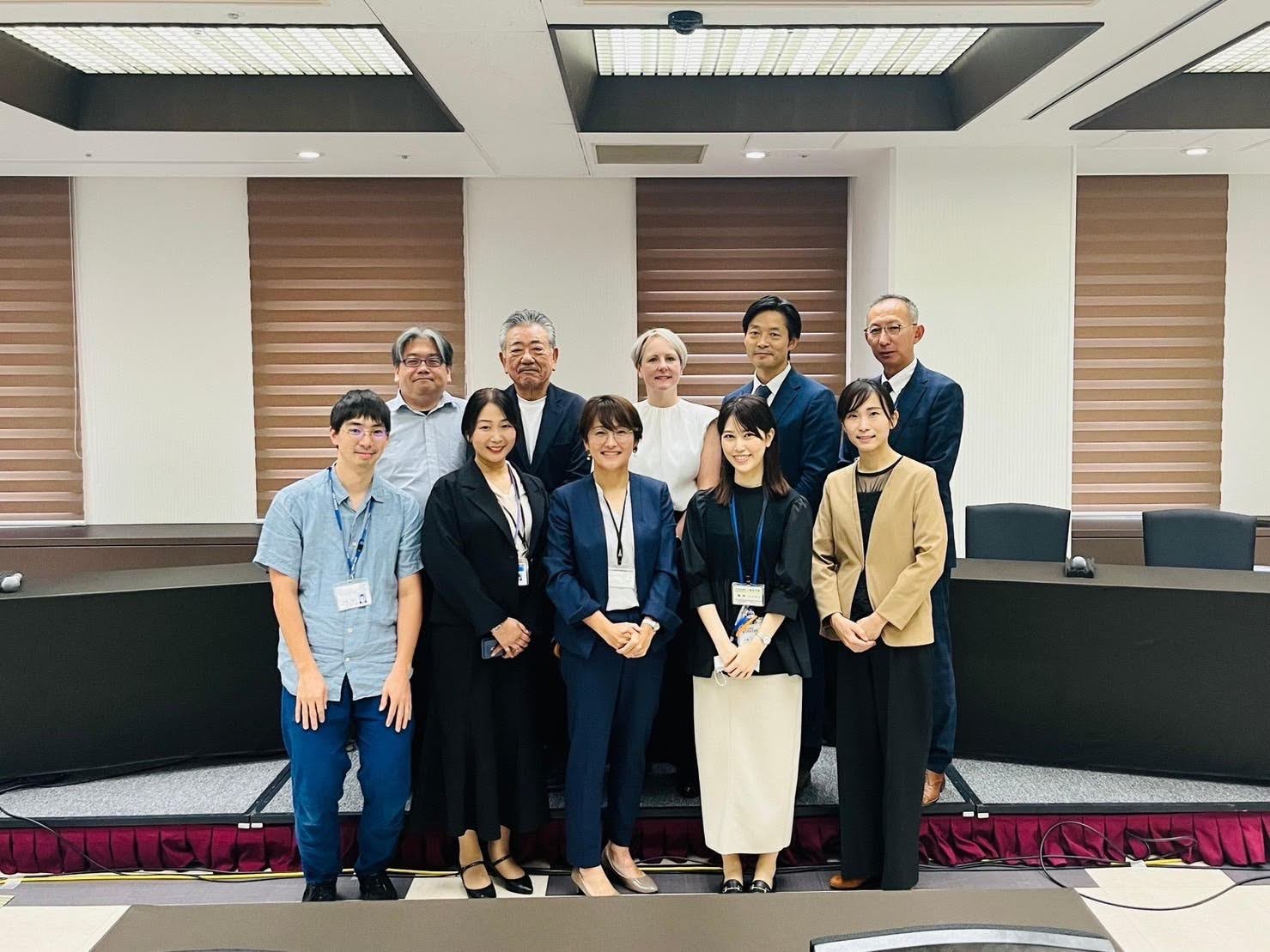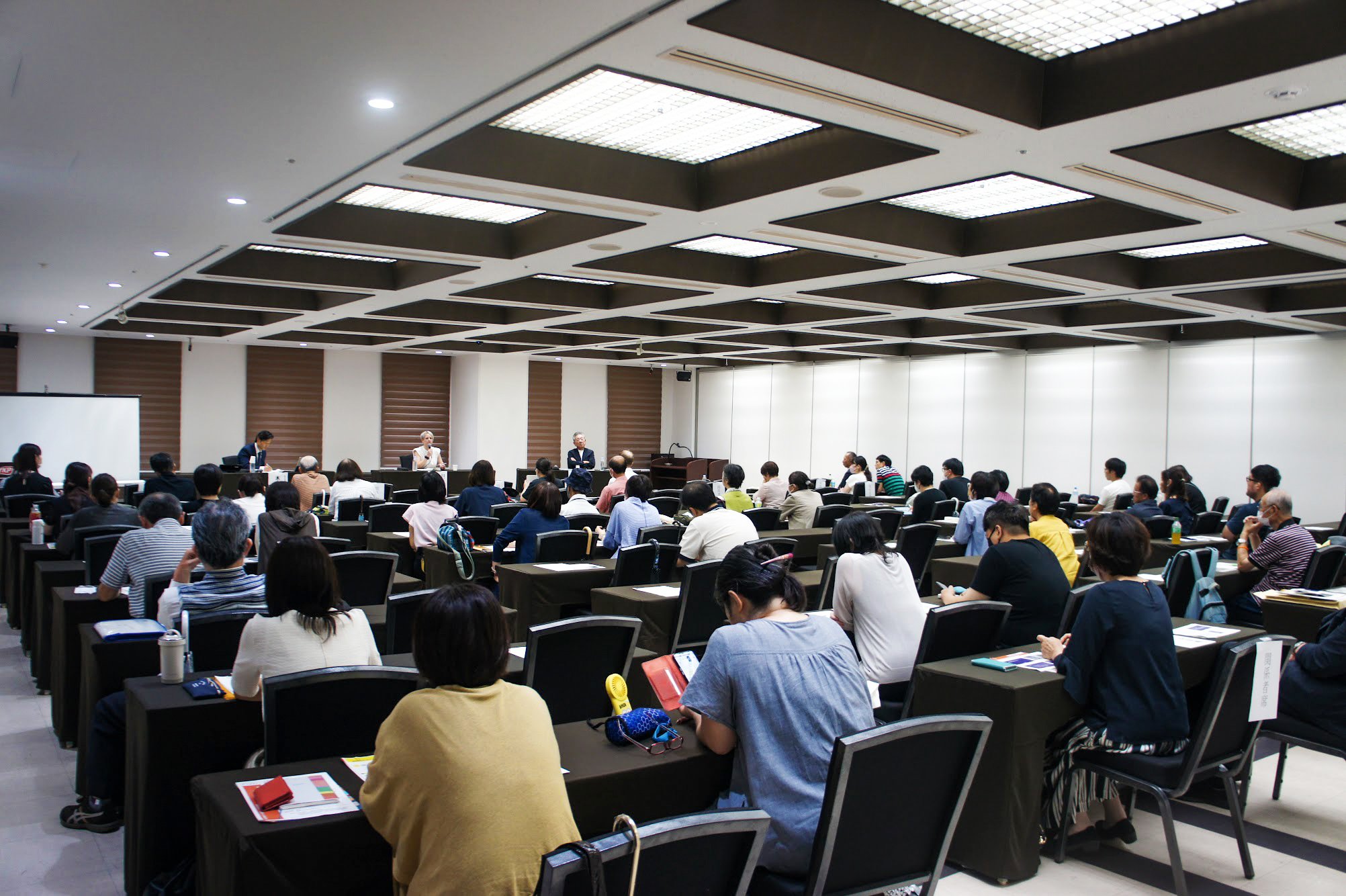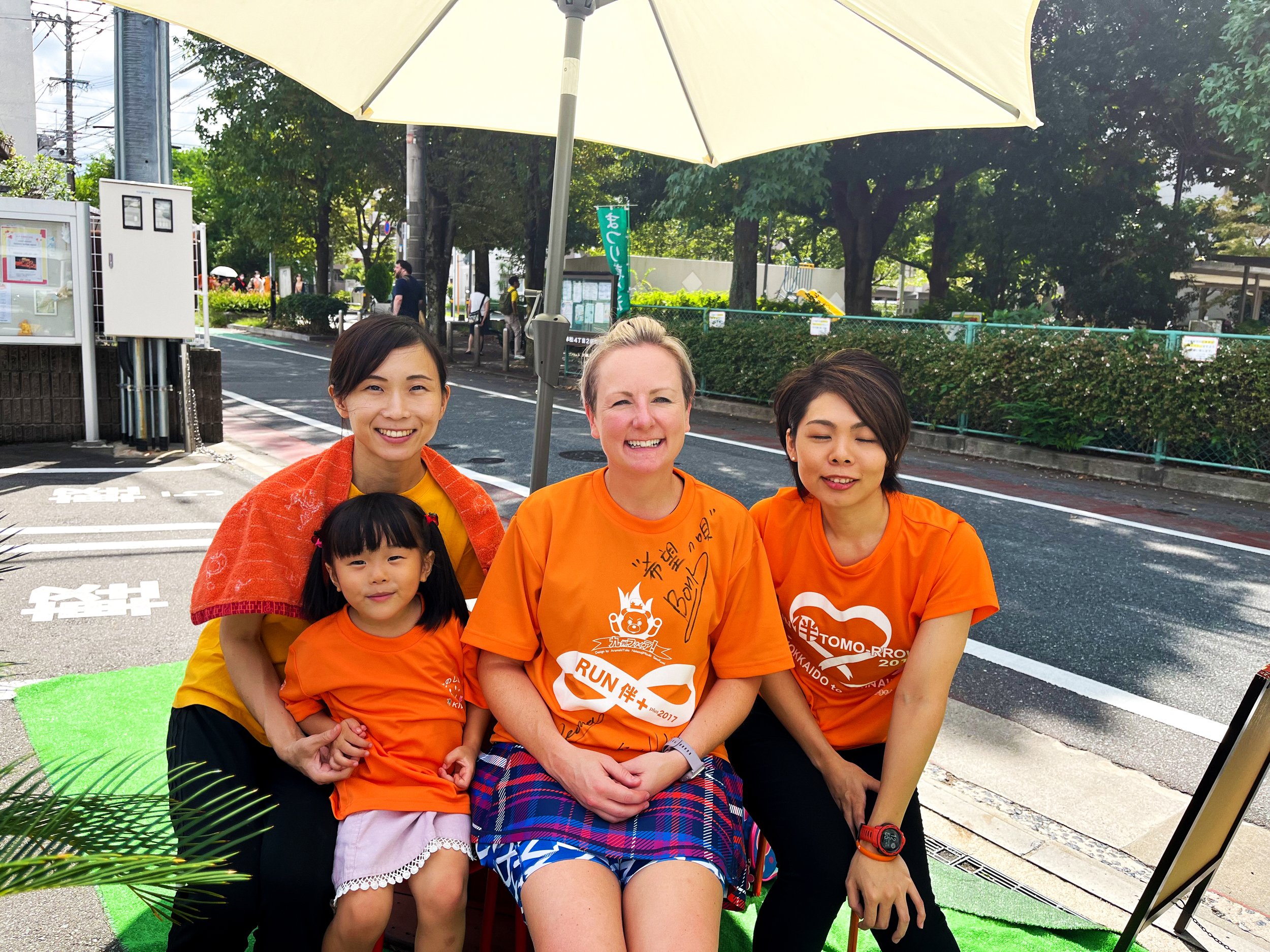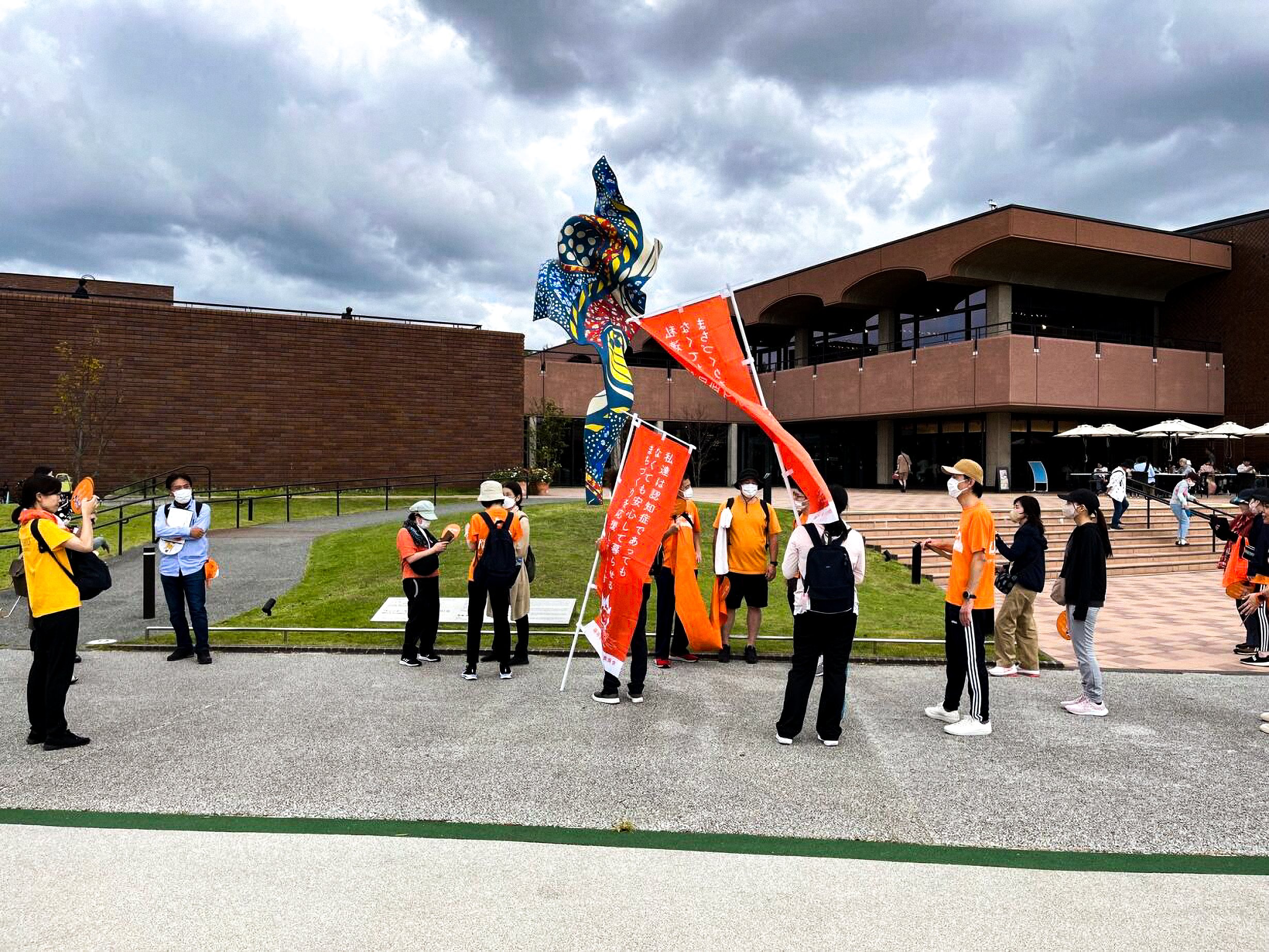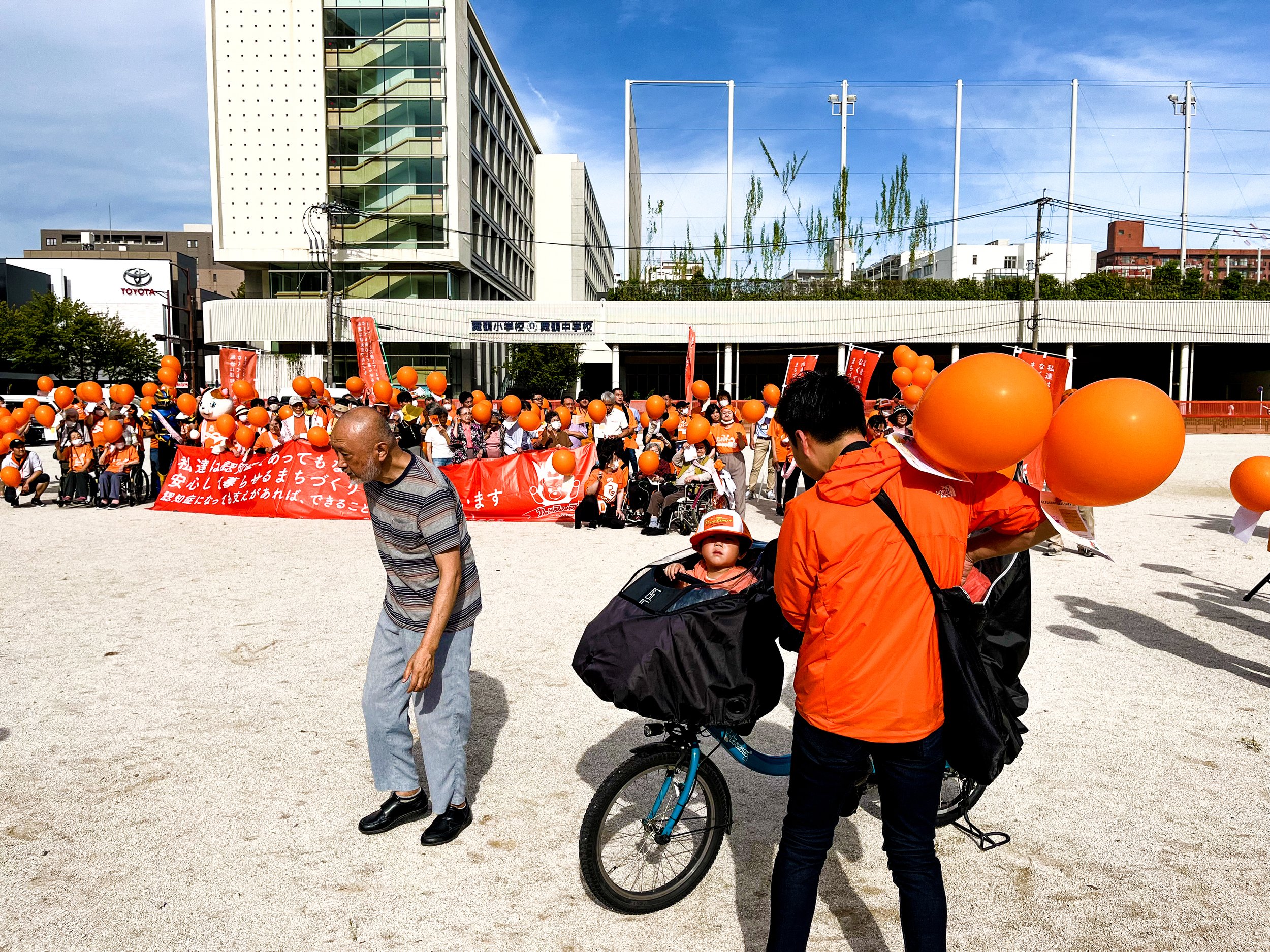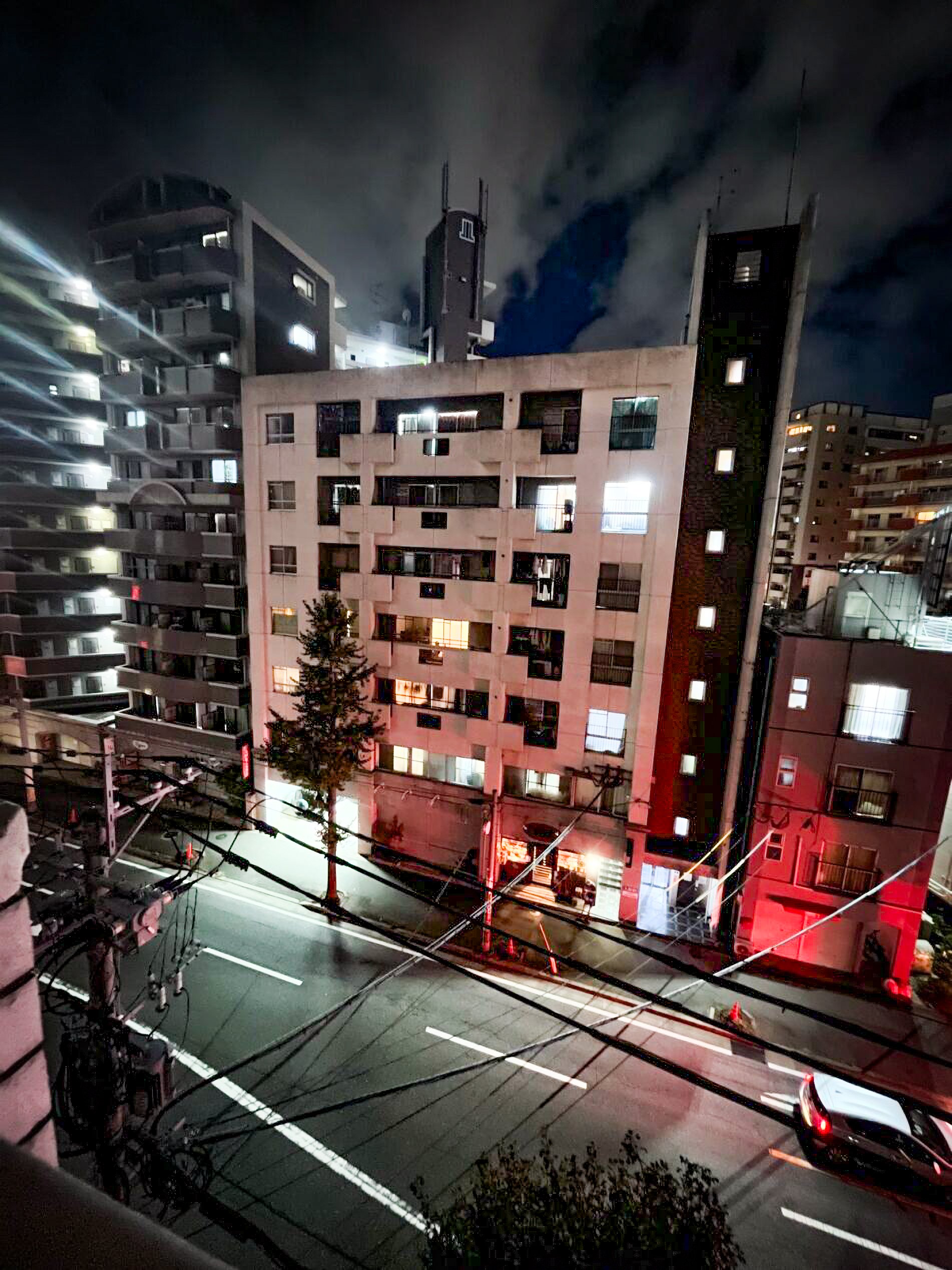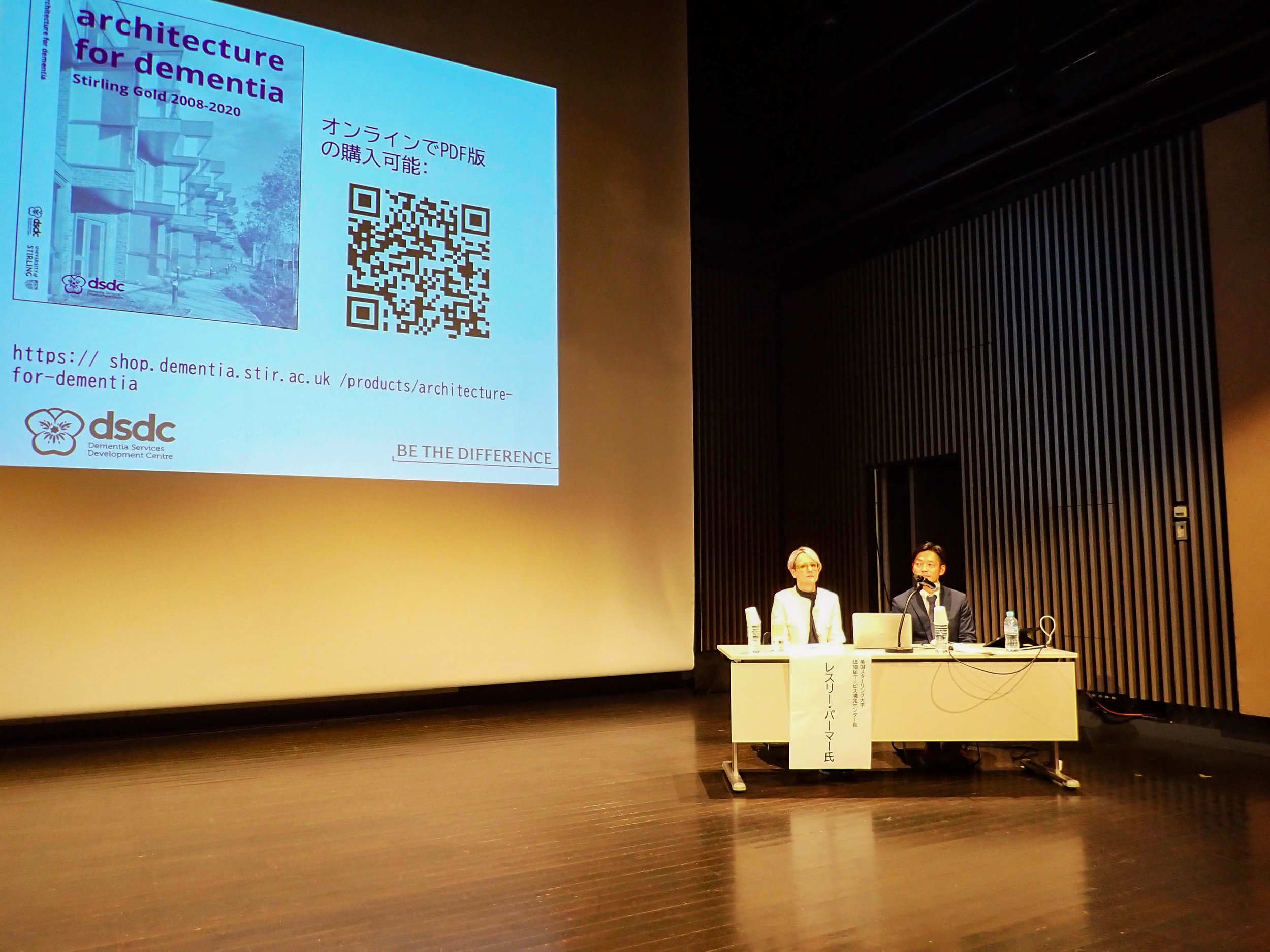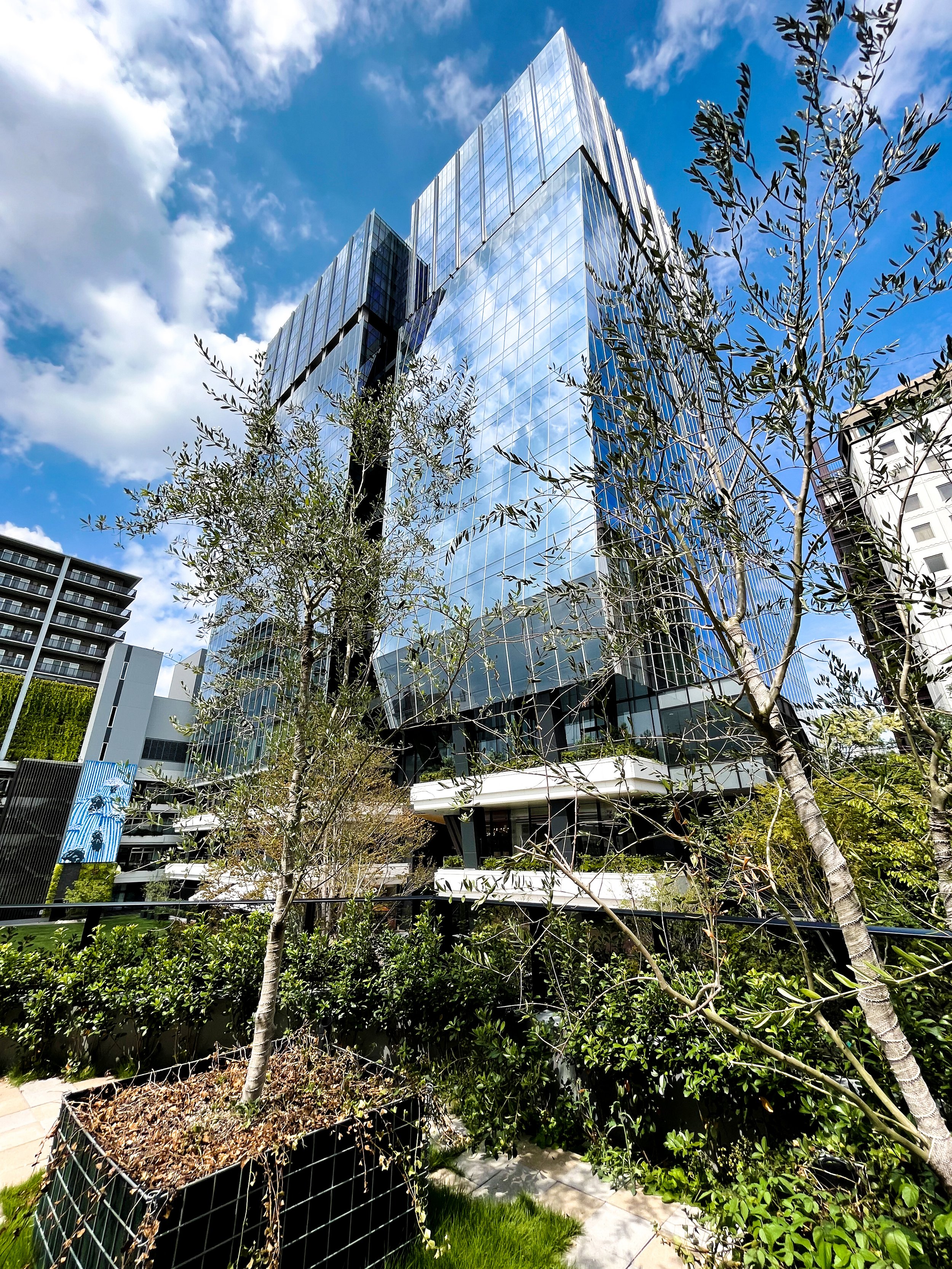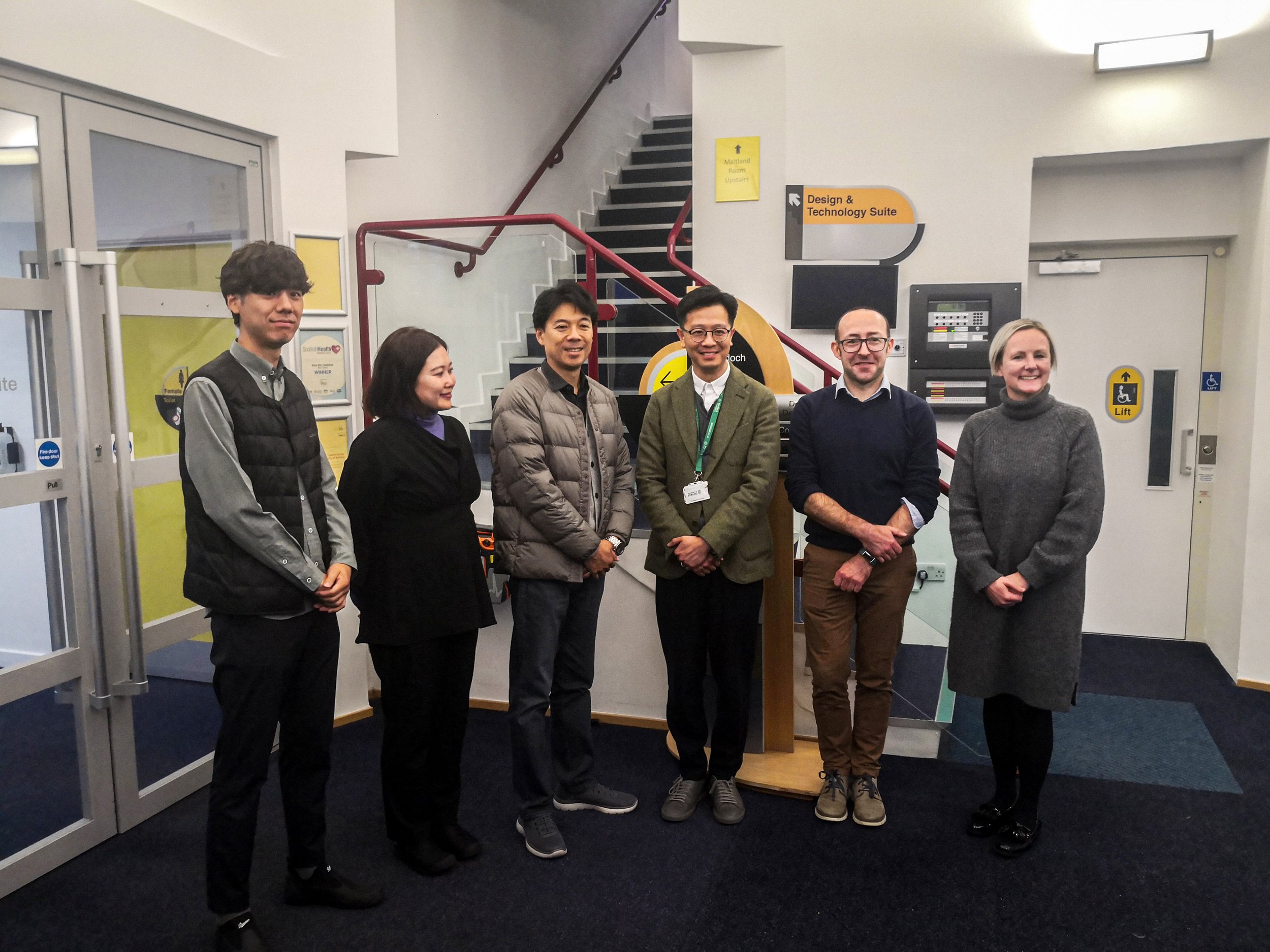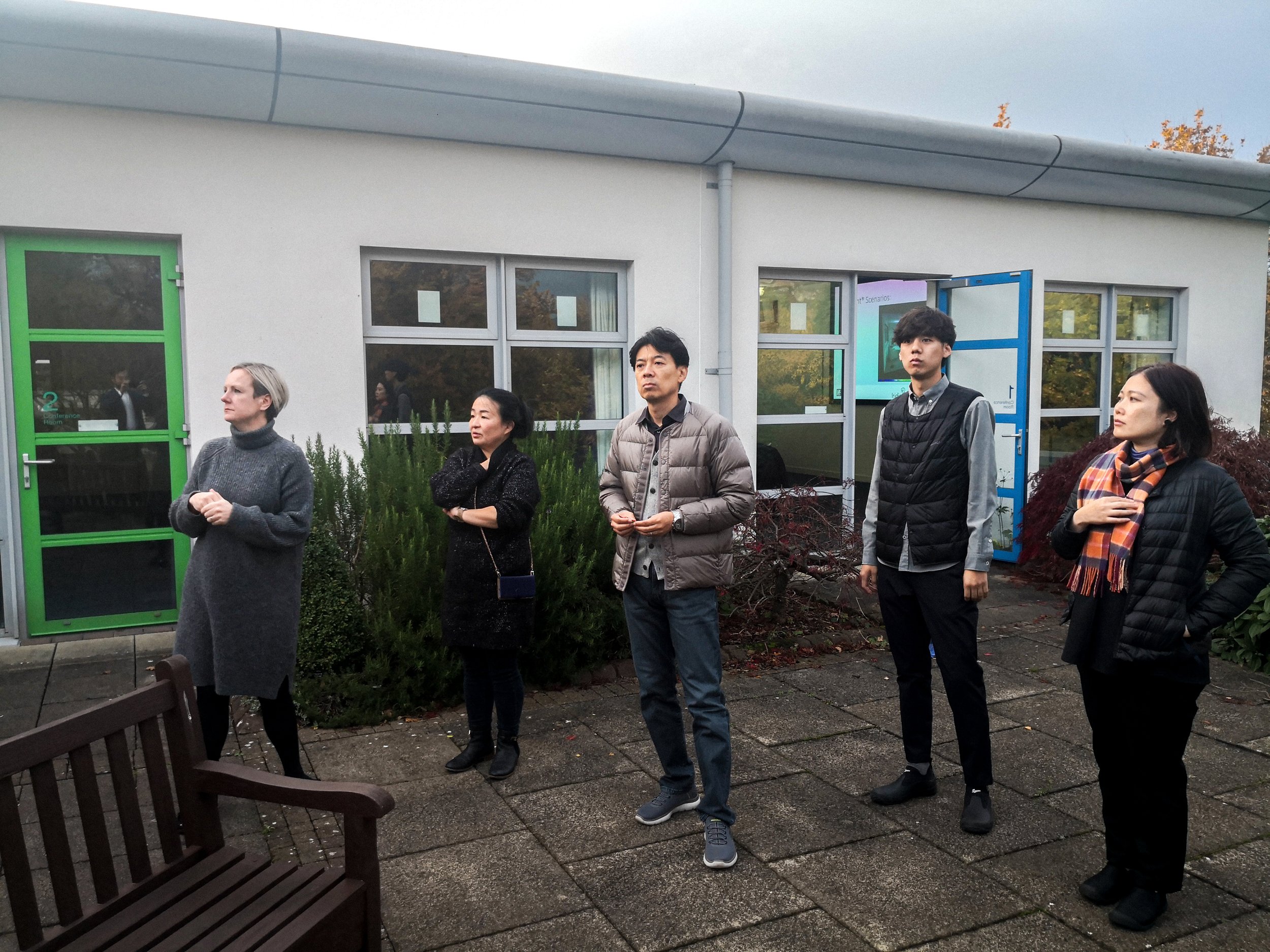DSDC Chief Architect receives Churchill Fellowship to travel to Fukuoka, Japan
In 2019, DSDC Chief Architect Lesley Palmer received a Churchill Fellowship with the purpose to study, record, and catalogue the built environment and healthy ageing projects in Fukuoka, Japan. This is important as more than one in 10 people in Japan are now aged 80 or older, making it the world’s oldest population.
Both the DSDC and the University of Stirling have strong ties to Japan, including DSDC Design Associates in Mediva Inc. - a leading Japanese healthcare consulting and service operation company.
Together, both organisations have advised Fukuoka City on dementia friendly design since 2017, known as 認知症デザイン.
Lesley’s Fellowship spotlights the importance of international collaboration when working with ageing and dementia. Through her travels, we are shown a new perspective on dementia friendly design and reminded why different cultures may need different solutions.
On the seventh of September 2023, Lesley arrives in Fukuoka for her two-month fellowship.
Fukuoka is the fifth largest and fastest growing city in Japan.
By 2025, one in four inhabitants is expected to be over 65.
Because of this, Fukuoka faces an increase in dementia and ageing ahead of other cities in the country.
They call this the Age of the Centenarian, and so the city has created the Fukuoka 100 Project.
The Fukuoka 100 Project aims to build a city of the future.
This includes community-buildings that bring happiness to both individuals and society. This will be done with new ideas from private enterprises and universities translated into government policies and measures. The aim is to create opportunities for residents to engage with ageing and to begin working towards sustainable solutions.
This is where the collaboration between Fukuoka and the DSDC begins. Among other projects, the DSDC has provided design support to the Fukuoka Dementia Friendly Centre, one of the many new community buildings.
1. Professor Shibata, Fukuoka University
Our journey begins at Fukuoka University with Professor Shibata - a landscape architect and Professor at the Department of Civil Engineering. His laboratory has a particular focus on participatory design processes - a collaborative approach that involves end-users in the design process. Already now, the impact of his research is seen across all of Fukuoka, such as the award-winning Kego Park.
Professor Shibata and Lesley discussed the similarities in their architectural approach, practice, and ambition to create age-friendly urbanism. One key aspect to design is the role of culture - what works in one place may need adjustment in another to account for different ways of life.
Such considerations were important in advising the design of the Fukuoka Dementia Friendly Centre, which opened during Lesley’s fellowship.
2. Fukuoka Dementia Friendly Centre
A public space for dementia
The Dementia Friendly Centre is born out of collaboration, built by Fukuoka City and Mediva Inc. with design support from the DSDC.
The Fukuoka Dementia Friendly Centre is a new community hub for businesses, locals, and people with dementia and their families.
The Centre offers advice on dementia design, care, products, and services.
The Fukuoka Dementia Friendly Centre uses DSDC’s advice on dementia friendly signage. People with dementia experience a range of impairments that can make independent way-finding very difficult. Such difficulties can be eased through careful design of the architecture, interiors, lighting, and signage.
3. Opening Ceremony
First Japanese public building to receive a DSDC Award
The Centre was designed using the DSDC EADDAT tool and received a Gold Award for age and dementia-friendly design.
The Fukuoka Dementia Friendly Centre is operated by Mediva Inc. and is an example of the Fukuoka 100 Project in practice.
Lesley attended the opening ceremony and presented the DSDC Gold Award to the Deputy Mayor of the city.
Deputy Fukuoka Mayor Dr. Arase and Chief Architect Lesley Palmer
4. VR Person-centred Care
Innovation in dementia care
Professor Ryo Kurazume and Lesley met to trial his most recent innovation dementia care training - VR. It is a bespoke programme developed for care staff to support Kitwood’s model of person-centred care.
5. Fukuoka Public Lecture on ‘Age-friendly Cities’
Designing for age
The next day, Lesley shared knowledge from the DSDC and University with a public lecture on age-friendly cities. The audience included professionals in architecture, urbanism and city planning, as well as older citizens, families, and care providers in Fukuoka.
6. Run Tomorrow
Running for dementia
Lesley participated in the annual fundraiser that aims to raise awareness of dementia and to overcome misunderstandings and prejudices about the condition.
Run Tomorrow takes place across many prefectures in Japan, and participants wear orange t-shirts in promotion of the Japanese Orange Plan.
At the end of the event, celebrations are made as participants release orange balloons into the air to raise awareness of dementia.
7. City Meetings
2 Days, 10 Meetings
Over two days, Lesley attended 10 meetings in Fukuoka with eight different departments from the city.
Moving into the future, the DSDC continues to collaborate with the city to develop dementia- and age-friendly infrastructure. This includes parks, roads, housing, transport, and more.
This was also an opportunity for knowledge exchange, benefitting both the DSDC and Fukuoka city.
8. Kitakyushu Public Lecture
‘An introduction to dementia friendly design’
After giving the lecture, Lesley met with the Mayor of Kitakyushu to discuss the city’s ambitions for dementia friendly design.
9. University of Stirling and Mediva Inc. Team Meeting
Chief Architect Lesley Palmer, CMR Executive Director Jennifer Harrison, Mediva CEO Kanoko Oishi, Vice Chancellor Sir Jerry McCormack, COO Eileen Schofield, DSDC Design Associate and Mediva Consultant Dai Kiuchi, and Deputy Principal (Internationalisation) Professor Neville Wylie.
After eight successful years of collaboration between the University of Stirling through the DSDC and Mediva Inc., the teams met in Tokyo to set the foundations for the next eight years moving forward. This meeting was scheduled to coincide with the University Senior Management Team’s international visit to Asia and Australasia where they promote the University’s graduate courses, research, and enterprise.
10. Supported Decision-making
A voice for people living with dementia
Next, Professior Neville Wylie and Lesley met with Toshihiko Mizushima from the Japanese Network of Supported Decision-making.
They discussed the importance of providing advocacy and a voice for people living with dementia.
11. Professor Shibata visits DSDC, University of Stirling
A future of collaboration
After coming home, the DSDC had the privilege of welcoming Professor Shibata and his team from Fukuoka University to the Iris Murdoch Building in Stirling.
The visit was an inspiring exchange of ideas and design approaches as both parties explored the importance of the outside environment and its role in healthy ageing in the city.
The discussions were valuable and insightful, and we look forward to future exchanges.
Dementia friendly design is important, now more than ever. And while one solution in one place may need adjustment in another because of culture, it also means that different creative innovations are happening in every corner of the world. This is what makes knowledge exchange key as we move into the future.
This research trip and network exchange was made possible by the Churchill Fellowship. As a commitment to the Fellowship, Lesley will be publishing a report on her research during her time in Fukuoka. This is anticipated in early 2024 and will be available on our website.



